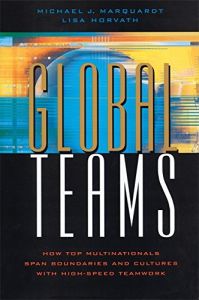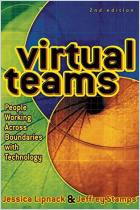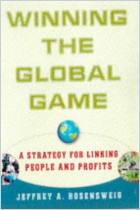
Global Teams
How Top Multinationals Span Boundaries and Cultures with High-Speed Teamwork
Read or listen offline
Recommendation
Some of the challenges of managing global teams are obvious. For example, team members will probably speak different languages and come from different cultures. So how do you function in the Tower of Babel? Authors Michael J. Marquardt and Lisa Horvath recommend designating a common language, usually English for American companies. On the other hand, some of the challenges global team managers confront are not so obvious. For instance, what reward system do you use when everyone values different things? Can you just give everyone a pat on the back and a bonus, or must you individualize feedback mechanisms? What etiquette do you follow if everyone has a different sense of what is polite? If these issues haven’t occurred to you already, you need this book. If they have, well, getAbstract.com still suggests this rundown on the very basics. As you may have guessed, all the issues you have already confronted with international employees get magnified with global teams.
Take-Aways
About the Authors
Michael J. Marquardt, president of Global Learning Associates, has consulted with the U.S. Peace Corps, Boeing, Alcoa, Caterpillar, Singapore Airlines and several governments. He is a professor of human resource development and Program Director of Overseas Programs at George Washington University, where Lisa Horvath is Chair of Overseas Programs and an assistant professor in human and organizational studies.





















Comment on this summary or 开始讨论